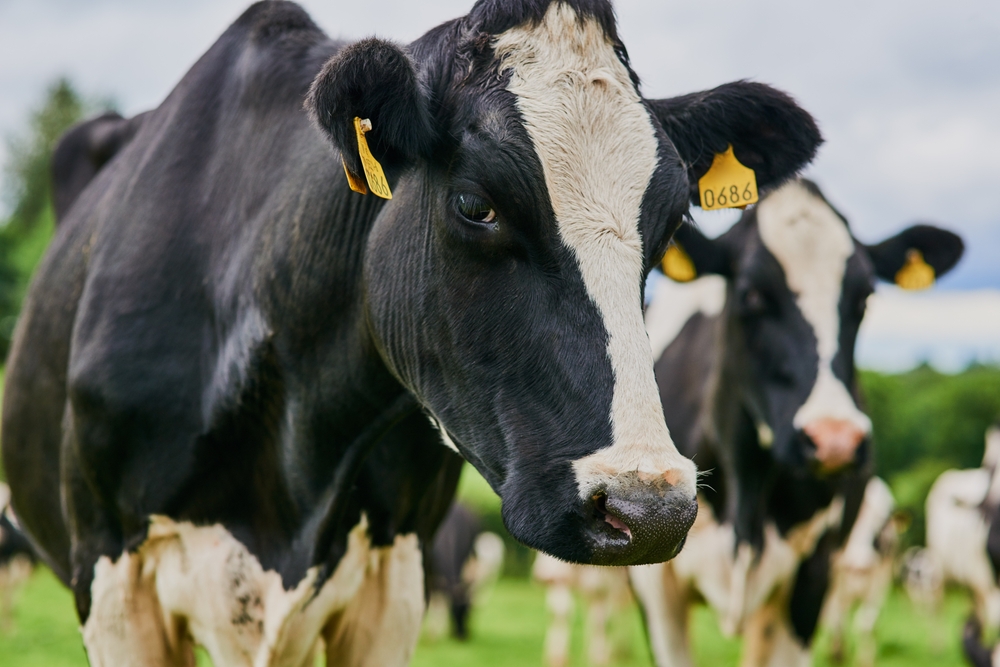Source: Drovers
Treating internal parasites in cattle requires a tailored approach based on environment, season, and parasite life cycles, says Dr. Wayne Ayers, DVM with Elanco. Internal parasites, especially the brown stomach worm, can cause severe economic loss, particularly in young stock. If untreated, larvae can inhibit in the abomasum and trigger Type 2 Ostertagiasis, leading to permanent digestive damage and reduced efficiency. Young cattle are especially vulnerable due to undeveloped immunity.
Effective parasite control involves using the right dewormers—benzimidazoles for adults and macrocyclic lactones for both adults and larvae. However, resistance is a growing problem due to overuse and improper dosing. Dr. Ayers emphasizes that deworming strategies should consider parasite resistance, pasture conditions, and regional climate. For example, cold winters and dry summers naturally limit parasite survival, unlike the warm, humid Southeast. Targeted treatment based on pasture and herd specifics offers better outcomes than blanket deworming and helps protect both herd health and economic performance.
Read the full story HERE: https://www.drovers.com/news/beef-production/new-approach-deworming

